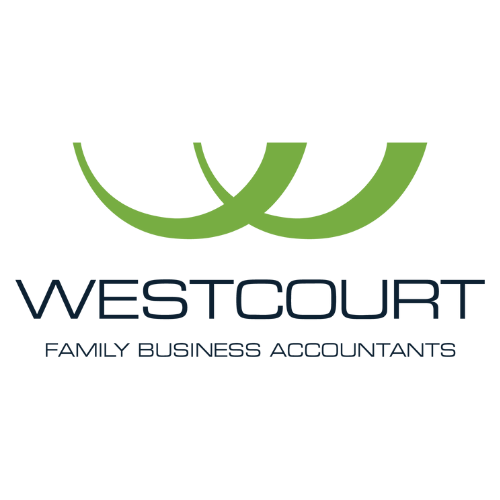The cost of land tax is a commonly overlooked tax within Perth’s tax advisors. The common focus on the “big” taxes of income tax, main residence exemption, CGT, GST and the 50% CGT discount is a primary driver for many families structuring their investments.
However as a family grows their property investment portfolio the land tax cost is real and continues to grow. And simply because commercial property investors can “pass on” the cost of land tax to the tenants does not mean that the land tax has not been paid by the landlord. A tenant will effectively view the total rent payable to the landlord – including land tax. If the variable outgoings for a property are high (due in part to land tax) then the amount of rent payable to the property, by market forces, is lower.
How is land tax assessed?
If you own land at 30 June that is not your home you will become liable for land tax. And the tax is payable yearly in advance.
The imposition date is important as the assessment focusses on the purpose of the land at 30 June. So if you own a property as a rental and you make it your home – you are not able to claim a land tax refund for the portion that the home was owned.
What is the rate of land tax?
The rate of land tax is a marginal rate. So the more property owned by an investor the higher the overall rate of land tax.
This is where land tax becomes a creeping killer to the tax structuring of many families. As an example if you own $420,560 of land (outside the family home) the cost of land tax is $440. So the effective “rate” in that instance is a small 0.11%.
So if you owned $4m of land, using the same logic as a 0.11% rate of land tax, you should pay is $4,400. And, if this was the case, the cost of land tax would be $4,400 – which is still very small and would not generate much attention.
However the cost of land tax on a $4m property holding is $53,730.
In effect the cost of land tax for land held over $11m is 2.67% of the value of land held every year.
How to reduce land tax
Once you have purchased real estate it is very difficult to change your affairs around to reduce your land tax. In effect any change will most likely trigger transfer duty on the sale which makes the strategy effectively useless. And the transfer will also most likely trigger other taxes like capital gains tax.
Importantly, land tax law contains an anti-avoidance provision that can allow the Commissioner of State Taxation to look through a restructure that has the purpose of removing, altering and qualifying the impost of land tax (s45 Land Tax Assessment Act 2002).
A classic example of this transaction is where a person declares a property to be held on bare trust for themselves and they then appoint a new legal owner as the trustee. This arrangement would most likely fall foul of s45.
Sadly there is no case law (yet) on s45. However it is also fair to say that nobody wants to become the test case for the courts and such a strategy is likely to be particularly dangerous.
Structuring for land tax
If you are anticipating a property investment portfolio the long term structuring for land tax should be a primary influencer – together with estate planning, asset protection, GST and income tax minimization.
However in WA land tax is not aggregated among related entities (unlike other states). So if you hold multiple properties in a range of different entities you could effectively enjoy a long term reduction in your land tax liability. An example could be seen in that 10 properties (with a land value of $1m each) owned by one person will attract a yearly land tax bill of $180,130 – whereas the same 10 properties owned across 10 different entities will attract a land tax bill of $27,930.
An example for a family is if Dad owned a property, Mum owned a property, M+D owned a property, a unit trust owned a property, the SMSF owned a property etc etc. And the structuring is done for a range of reasons – not just land tax reduction.
If you are structuring for land tax it is also important to remember that this law can change. Other states already have “aggregation” so a family does not get to enjoy multiple thresholds.
As a Perth tax advisory firm focused only on families in business we have a deep knowledge of property tax structuring options. We are not distracted by ASX listed entities, investment promotion or government consulting work – if you are seeking commercial tax advice for planning your families property investment portfolio we can give you smart, independent options that make a real difference to your family and your long term succession plans.






